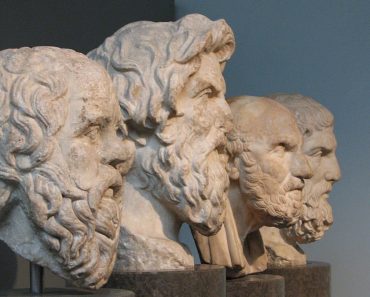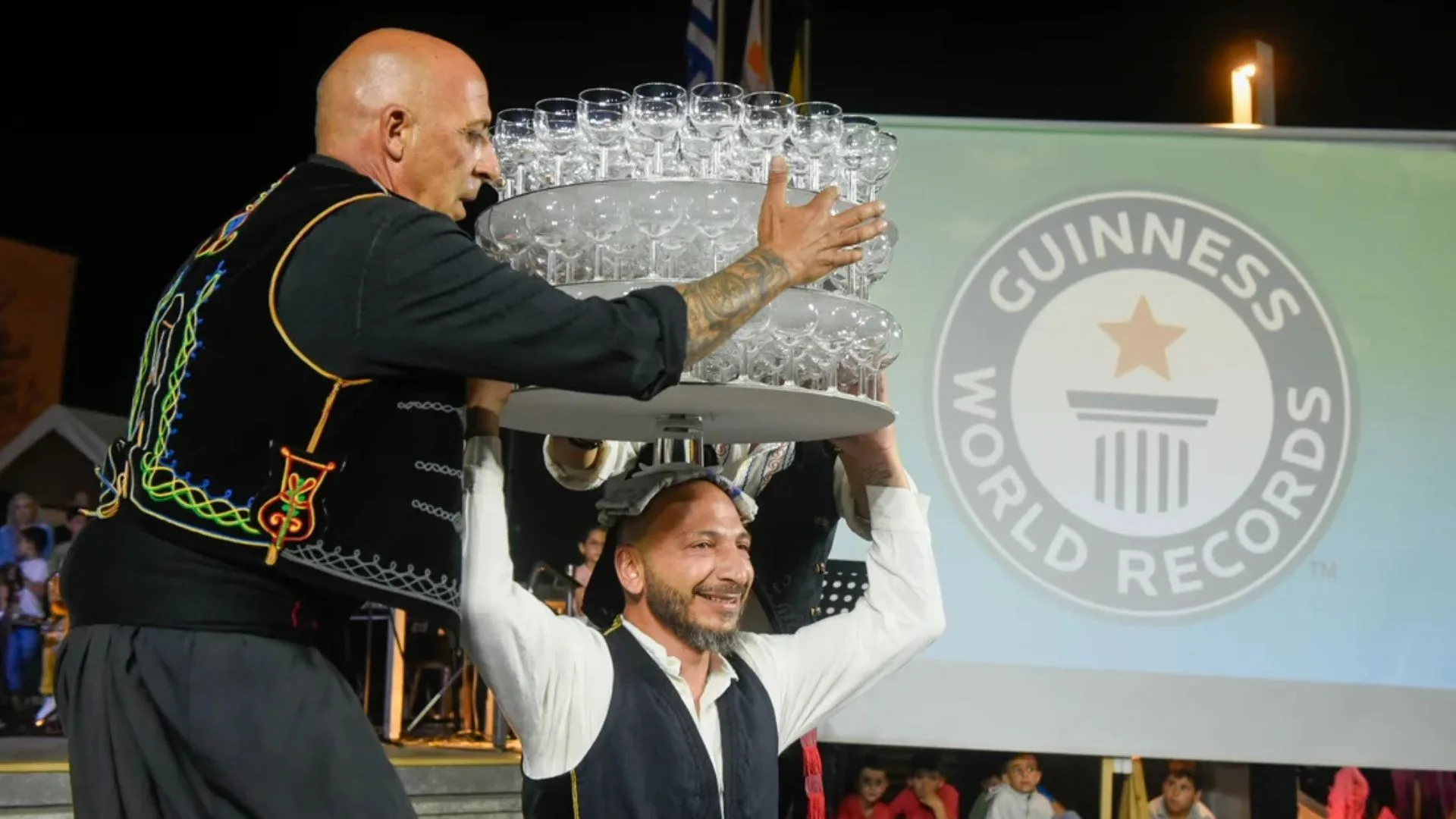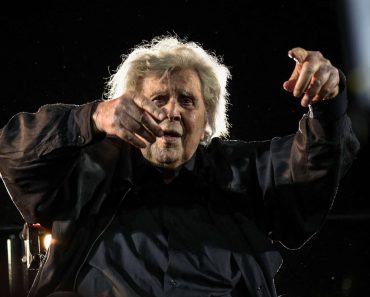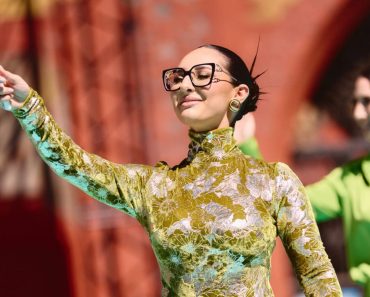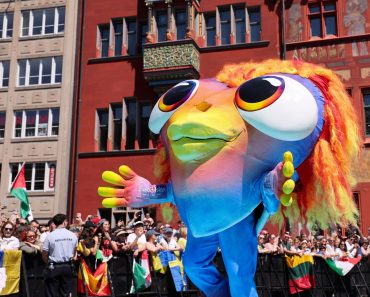The 69th Eurovision Song Contest culminates in a dazzling grand final at St Jakobshalle arena in Basel, Switzerland, after a week of triumphs, tears, and political undercurrents.
On Saturday, 26 nations will compete in a sequin-soaked spectacle that’s been uniting and dividing Europe since 1956.
What is Eurovision?
Eurovision is a pop music extravaganza where artists from European countries (and a few beyond) vie for the continental crown under their national flags. Think of it as the Olympics of song—a mix of campy fun, musical unity, and subtle political jabs.
“It’s Europe’s biggest cultural event,” says Eurovision historian Dean Vuletic. “People tune in for the glitter, wild costumes, and stage effects, but also to catch the pulse of Europe’s zeitgeist.”
Who’s in the 2025 Final?
From 37 initial entries, 11 were eliminated in Tuesday and Thursday’s public-voted semifinals. Six countries—host Switzerland and the “Big Five” (France, Germany, Italy, Spain, UK)—automatically qualified. The 26 finalists, performing in order, are: Norway, Luxembourg, Estonia, Israel, Lithuania, Spain, Ukraine, UK, Austria, Iceland, Latvia, Netherlands, Finland, Italy, Poland, Germany, Greece, Armenia, Switzerland, Malta, Portugal, Denmark, Sweden, France, San Marino, Albania.
Oddsmakers favor Sweden’s KAJ with their sauna-inspired “Bara Bada Bastu,” Dutch singer Claude’s soulful “C’est La Vie,” Austria’s JJ with the pop-opera “Wasted Love,” and Israel’s Yuval Raphael with the uplifting “New Day Will Rise.”
What’s the Music Like?
Eurovision is known for catchy europop with quirky lyrics (think “La, La, La” or “Boom Bang-a-Bang”), but it’s also launched icons like ABBA (1974’s “Waterloo”), Celine Dion, Conchita Wurst, and Måneskin. This year’s acts span Lithuanian emo rock (Katarsis), Spanish power ballads (Melody), and Ukrainian prog rock (Ziferblat).
Camp and humor shine through in entries like Estonia’s “Espresso Macchiato,” a tongue-in-cheek nod to Italian clichés, and Malta’s Miriana Conte’s innuendo-laden “Serving,” complete with glitter balls and giant lips. While English once dominated, 2025 features a record 20 languages, including Ukrainian, Icelandic, and Armenian, reflecting a demand for cultural authenticity.
“Viewers want more than generic pop,” Vuletic notes. “They crave songs that showcase a country’s unique identity.”
How’s the Winner Chosen?
The winner emerges from a complex blend of global public votes (via phone and online) and rankings by music-industry juries in each Eurovision nation. As results roll in, countries climb or plummet on the leaderboard, with “nul points” (zero) being the ultimate embarrassment.
How to Watch and Vote
The final kicks off Saturday at 7:00 p.m. GMT (3:00 p.m. EDT), broadcast by national networks, Peacock in the US, and Eurovision’s YouTube channel in many regions. Voters in participating countries can use phone, text, or the Eurovision app during and after the show—but can’t vote for their own nation. Non-participating countries, including the US, can vote all day Saturday at www.esc.vote or via the app, with their combined “rest of the world” vote weighted as one country.
Is Politics Kept Out?
Eurovision’s motto, “united by music,” is tested by global tensions. Russia’s been excluded since its 2022 invasion of Ukraine, and Ukrainian acts, like 2022 winners Kalush Orchestra, perform amid ongoing war. Israel’s participation has sparked controversy again, with protests in Basel—though smaller than last year’s in Sweden. Former contestants, including Nemo, have called for Israel’s exclusion over its actions in Gaza. On Thursday, a few protesters briefly disrupted Israeli singer Raphael’s rehearsal with flags and whistles, prompting tighter security for the final.
Despite the divides, Eurovision remains a vibrant celebration of music, culture, and campy joy. [AP]


